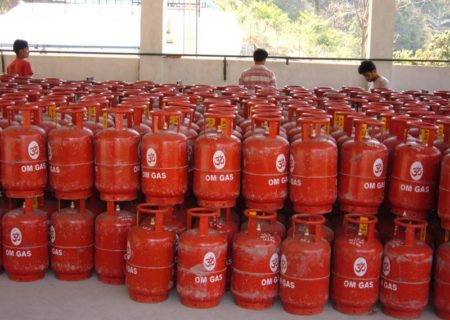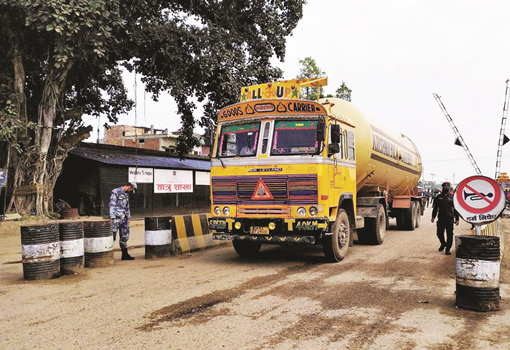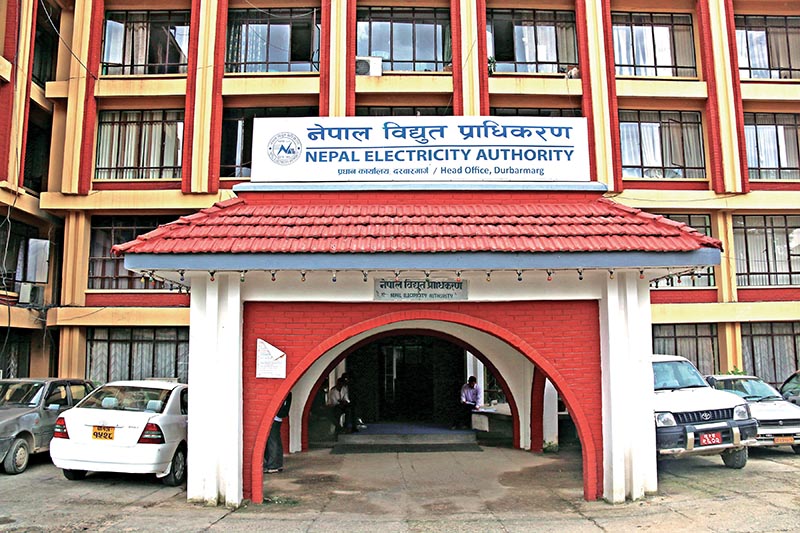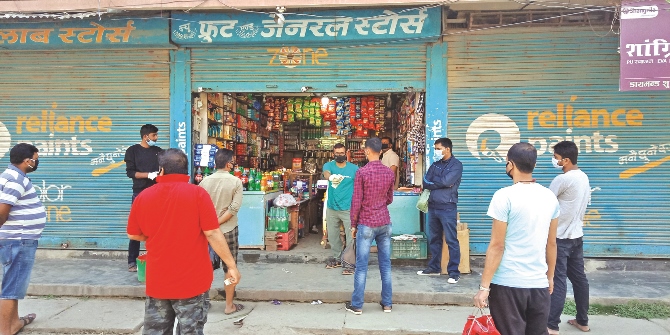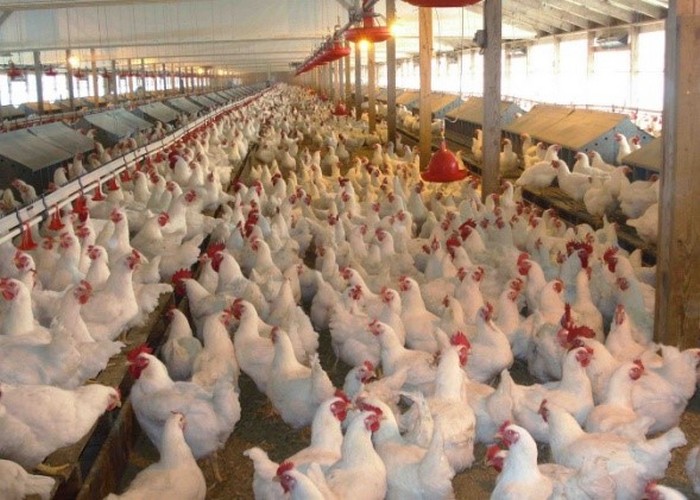Budget preparation begins

Kathmandu, Mar. 17: The government has started the homework of preparing the budget for the coming fiscal year 2022/23.
The Ministry of Finance has started discussion with the ministries and concerned bodies and started collecting suggestions to formulate a budget by making programmes effective for the upcoming fiscal year.
As per the provision of the Constitution to present fiscal budget on Jestha 15 every year, the government should present budget estimates for the upcoming fiscal year 2022/23 on May 29, 2022.
MoF seeks suggestions from stakeholders
Issuing a notice, the Ministry of Finance has sought suggestions from stakeholders for budget and programme formulation purposes.
Various organisations, intellectuals, experts, political parties, businessmen, social workers, professionals, employees, media and general public can give such suggestions by mid-April.
Suggestions can also be sent through the 'Budget Suggestion Tab' on the Finance Ministry's website or email budgetsuggestion@mof.govnp.
Budget drafting committee formed
The Finance Ministry has formed a five-member budget drafting committee.
According to the Ministry of Finance, Chief of Revenue Management Division Bhupal Baral is the coordinator of the committee.
Among the members are Chakra Bahadur Budha, Chief of Budget and Programme Division, Ishwori Aryal, Chief of International Economic Cooperation Coordination Division, Mahesh Acharya, Chief of Economic Policy Analysis Division and Baburam Subedi, Chief of Fiscal Federalism Coordination Division.
The five-member committee is assigned two areas of responsibility, it said.
The committee will draft the principles and priorities of the Appropriation Bill to be tabled in both the Houses of Parliament and will prepare and submit the draft budget statement for the fiscal year 2022/23.
The committee will prepare the budget with the coordination of Finance Minister Janardan Sharma, Finance Secretary Madhu Kumar Marasini, Revenue Secretary Krishnahari Pushkar and Senior Economic Advisor Dr. Surendra Kuamr Upreti and others, the Ministry said.
Agriculture first priority
During the preparation of the budget, the Finance Ministry held discussions with the stakeholders related to agriculture on Tuesday.
Finance Secretary Marasini informed that discussions were held to give the message that the work of budget formulation has started.
He said that despite the high priority given to the agriculture sector in every policy programme and budget, there was no increase in production and everyone was worried about the increase in imports.
"A large population is dependent on agriculture, but we have to be serious about why the living standards of the population have not improved so much. We expect appropriate suggestions from the discussion," he said.
Addressing the discussion, Finance Minister Sharma said that the collection of suggestions was started from agriculture as agriculture was the first priority.
"In the forthcoming budget, there will be a policy of incentives for farmers, not subsidies for agriculture," he said. The discussion is to get suggestions on what kind of policy, programme and budget should be made for this objective," he said.
He said that the problem has arisen due to non-allocation of adequate budget for agriculture.
"The budget has been allocated according to the policy and programme of giving 80 per cent subsidy in premium to the agricultural insurers. There is no alternative but to motivate the farmers to achieve the goal of self-reliance in the agricultural sector," he said.
Suggestions from farmers, businessmen and experts
During the discussion, suggestions were made to formulate policy suitable for Nepal's soil, facilitate exports, provide agricultural loan up to Rs. 5 million without collateral and implement land use policy.
Similarly, participants suggested the government to take responsibility for implementation after fixing minimum support price, increase productivity and production and ensure profit according to investment.
Devika Budathoki, president of Nepal Entrepreneurial Women Federation said that they have exported agricultural products to different countries and urged them to raise capital for investment.
"At present, there is a provision of concessional loan of Rs. 500,000 to 1.5 million without collateral. This arrangement has made many sisters self-entrepreneurial,” he said. If it can be increased to Rs. 5 million, a large number of jobs will be created for women in rural areas."
Central member of the Federation of Nepalese Chambers of Commerce and Industry Arun Raj Sumargi suggested developing a research centre.
Entrepreneur Pawan Golyan said that a loan of Rs. 5 million without collateral is required in the agricultural sector and his bank is ready for investment if the government makes a policy.
Former Vice-Chairman of the National Planning Commission Dipendra Bahadur Kshetri suggested that the government should take the responsibility of implementation after fixing the minimum support price, and increase production by learning from the neighboring countries.
Recent News

Do not make expressions casting dout on election: EC
14 Apr, 2022
CM Bhatta says may New Year 2079 BS inspire positive thinking
14 Apr, 2022
Three new cases, 44 recoveries in 24 hours
14 Apr, 2022
689 climbers of 84 teams so far acquire permits for climbing various peaks this spring season
14 Apr, 2022
How the rising cost of living crisis is impacting Nepal
14 Apr, 2022
US military confirms an interstellar meteor collided with Earth
14 Apr, 2022
Valneva Covid vaccine approved for use in UK
14 Apr, 2022
Chair Prachanda highlights need of unity among Maoist, Communist forces
14 Apr, 2022
Ranbir Kapoor and Alia Bhatt: Bollywood toasts star couple on wedding
14 Apr, 2022
President Bhandari confers decorations (Photo Feature)
14 Apr, 2022



